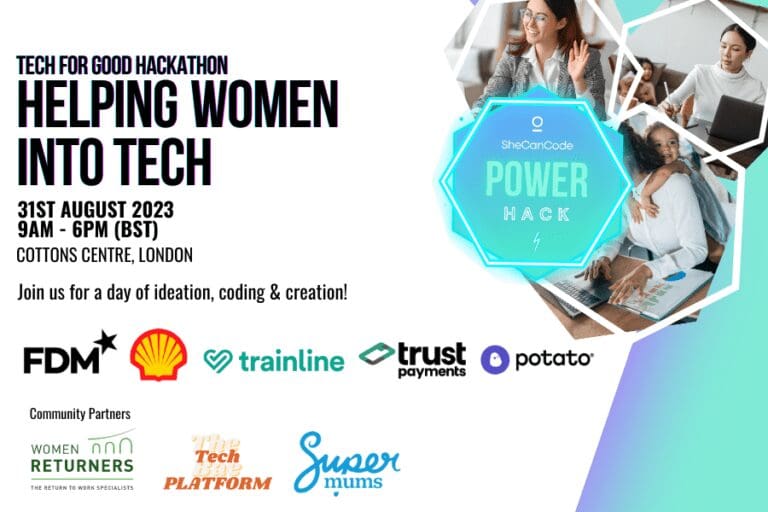THE TECHNOLOGICAL SKILLS GAP IS A PERSISTING ISSUE HOLDING BACK BOTH BUSINESS GROWTH AND ECONOMIC RECOVERY.
Technology and innovation are key drivers of growth; however, currently, organizations are not utilizing all pools of individuals available to them to plug the ever-prevailing gap. Recognizing the top skills to include on your CV for an IT job can help bridge this gap and foster a more inclusive workforce.
Women are underrepresented in the workplace and often face a range of challenges day-to-day, including gender-based discrimination, bias, and harassment. For the tech industry, there are often stigmas attached and it currently lacks female role models to inspire the younger generations to embark on a technology focused career.
Diversity is key and research by Deloitte shows that organisations who embrace diversity, equality and inclusion perform better while elevating their employee’s experience. Women present an untapped pool of individuals who hold relevant skills as well as a group who will bring fresh ideas and new ways of working to organisations who are stuck in their outdated ways.
It is common for women to take career breaks, whether it be short term maternity leave, long term child caring responsibilities or to look after elderly parents, and this often puts them at a disadvantage when they are ready to get back to work.
Utilising women who are ready to return to the workforce, who hold transferable skills must be where organisations are focusing to bridge the ongoing skills gap.

Here, Sheila Flavell CBE, Chief Operating Officer for FDM Group, gives us her advice on how those looking to get back into the tech industry can bridge the skills gap.
Sheila has over 31 years experience in the global tech sector. She is a dynamic business leader who has a passion for enhancing diversity in the workplace and creating exciting careers for the next generation of digital talent.
FRESH IDEAS AND NEW PERSPECTIVES
Women play an essential role in the future growth and success of the tech industry. The sector is crying out for new skills, and it is very common for women and the skills, experiences, and perspectives they bring to be overlooked.
A lack of diversity in STEM can negatively impact innovation and limit the development of new technologies. Females often bring creative and innovative solutions to challenges while ensuring that new technology being developed is created and deployed in ways that are inclusive, ethical and beneficial for all.
Research shows that organisations with women in leadership positions have significantly higher profitability than those who do not highlighting a positive correlation between gender diversity and business success.
Female returners who have already gained experience from previous careers often get discriminated against, as recruiters view their skills as outdated, lacking directly related skills or even viewing them negatively for taking time out of work.
Eradicating discrimination towards both females and returners must be a top priority for businesses. Often, returners simply need the correct support to bridge their transition back into the workplace as they hold relevant soft and technological skills that can be retrained into suitable roles.
ACTING AS ROLE MODELS
Not only do returners act as a great source of skill and experience but as perfect role models to younger generations who are deciding on their desired career path. Women returners can act as the inspiration the industry needs to break down stereotypes and stigmas.
Providing younger generations with more exposure to role models will help to spur on girls to pursue a career in tech, providing them with confidence to follow their passions which will help change the culture of the tech industry in the long term.
Retention of women will increase, as well as other underrepresented groups, as the sector becomes more welcoming and diverse, breaking down outdated stereotypes that act as a barrier to various pools of individuals.
There is a common misconception that digital skills are only required in technology-based roles, however, these skills are now required across all sectors and skill levels.
Barriers must be broken down to ensure that these roles are being filled with pools of marginalised individuals who hold transferable skills that can can bring new perspectives and act as role models for the future generations.








